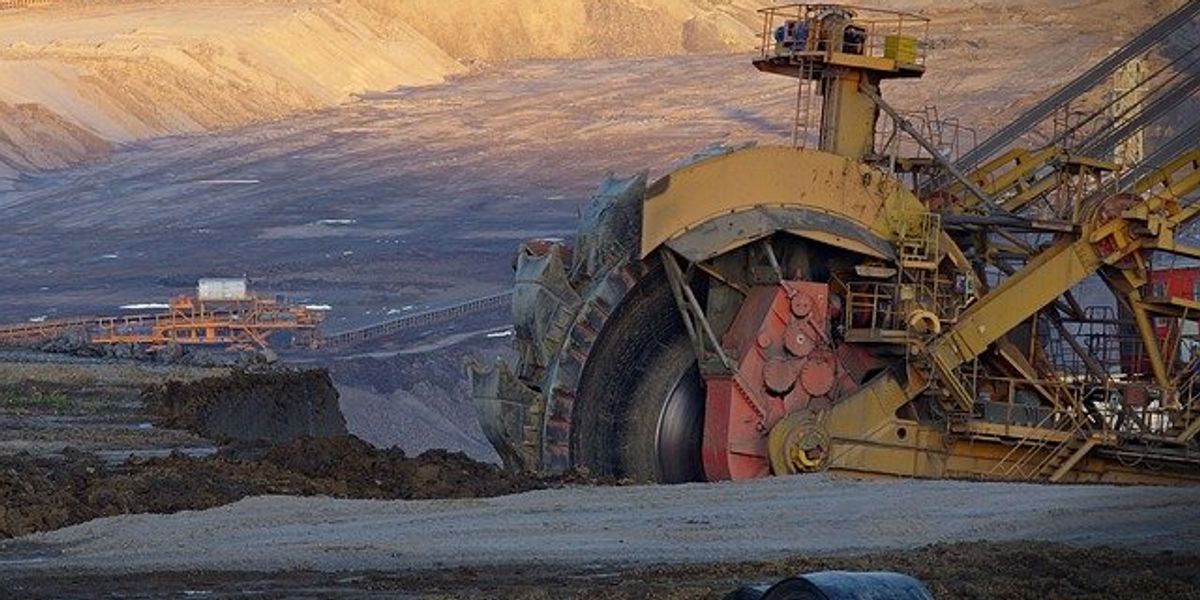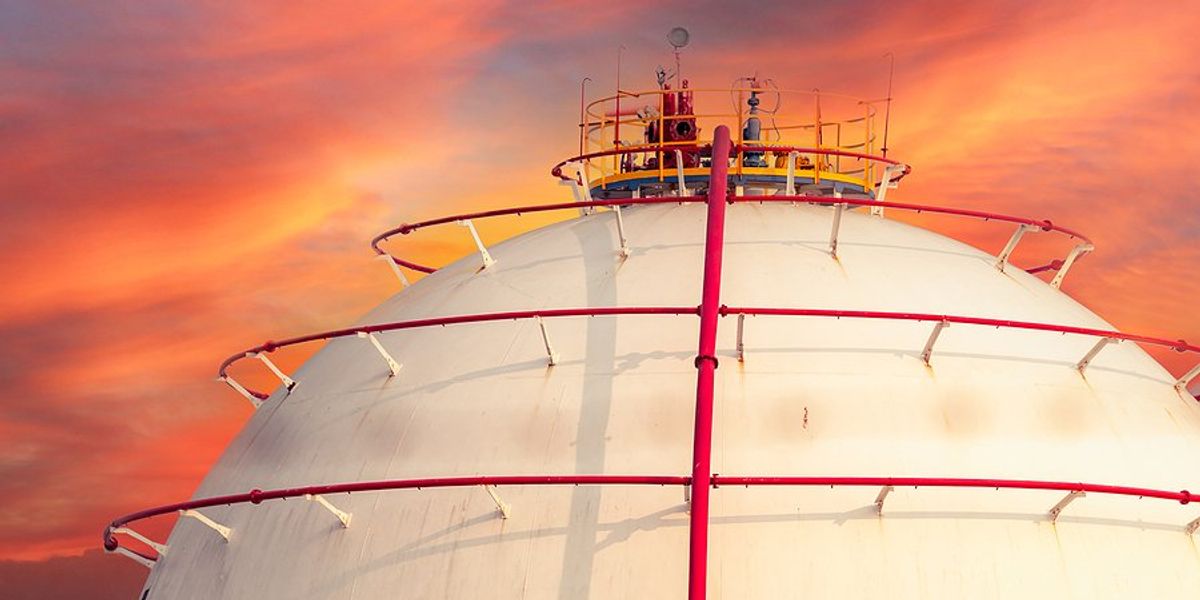trash
Extreme heat worsens conditions for India's waste pickers
Millions of India's waste pickers face increased dangers from extreme heat as they sort through toxic landfills for recyclable materials, earning barely enough to survive.
Channi Anand, Piyush Nagpal, and Sibi Arasu report for The Associated Press.
In short:
- It is estimated that 1.5 to 4 million people make a living searching through India’s waste.
- Waste pickers in Jammu, a city in northern India, endure severe heat and toxic fumes while scavenging for recyclables, risking their health for minimal income.
- Rising temperatures and poorly managed landfills increase the frequency of hazardous landfill fires and gas emissions.
- Experts emphasize the need for basic amenities like water, shade and medical care for waste pickers to mitigate health risks.
Key quote:
“It’s really very sad to look at how the poor are trying to live somehow, just take their bodies and try to reach the end of this heat wave in some form of being intact.”
— Bharati Chaturvedi, founder of Chintan Environmental Research and Action Group in New Delhi.
Why this matters:
As global temperatures soar, waste pickers, the unsung heroes of urban recycling, find themselves in increasingly perilous conditions. Extreme heat amplifies the already harsh realities of their work, exposing them to severe health risks and underscoring the urgent need for dignified working conditions.
Maryland hesitates on cutting subsidies for trash incineration, sparking debates
In Maryland, discussions intensify over ending subsidies for trash incineration, with advocates urging action before a legislative deadline.
In short:
- Maryland faces pressure to end public subsidies for trash incineration due to environmental and health concerns.
- Trash incinerators emit harmful pollutants, worsening air quality and health conditions like asthma in nearby communities.
- Legislation aims to remove trash incineration from the state's renewable energy credit system, with advocates hoping for gubernatorial support.
Key quote:
“... once I learned that I was funding this pollution through my utility bills, I became extremely upset because it felt I was paying for my demise.”
— Shanae Thomas, community activist and resident
Why this matters:
When garbage is burned, it doesn't simply disappear. Instead, the process transforms solid waste materials into gas and ash. This transformation releases various pollutants into the air, including carbon monoxide, nitrogen oxides, sulfur dioxide, particulate matter and even forever chemicals such as PFAS.
Fat, sugar and trash may all fuel planes by 2050
To meet their climate goals, airlines will have to start burning sustainable aviation fuels made from unconventional raw materials.
Experts raise concerns over planned use of Olowalu landfill to store fire debris
With plans underway for using Olowalu as a disposal site for massive amounts of ash and debris from the Lahaina fire, some experts question how well-equipped the area is to handle the toxic waste and whether the facility can comply with federal regulations governing hazardous waste containment.
‘Excruciating’ hornet sting leaves Rome dinner party guest on crutches as plague spreads
An increasing hornet infestation in the Italian capital can be blamed on city’s refuse problem and high temperatures.
US cities say they turn food waste into compost. Is it a problem when they don’t?
The scraps in your bin marked ‘compost’ may end up as methane. Here’s what that means.



















